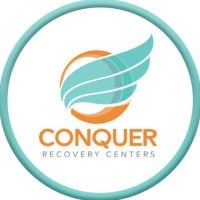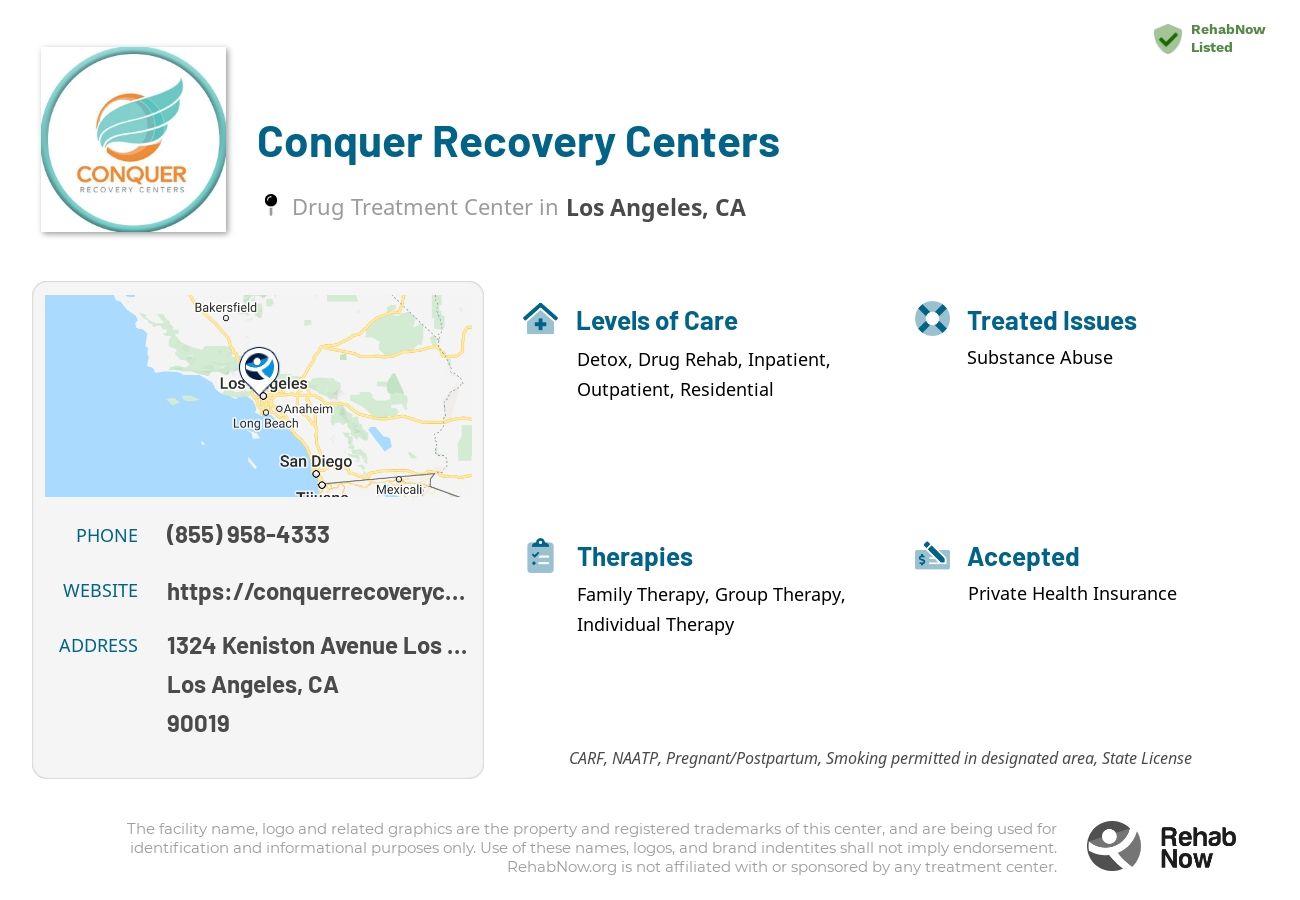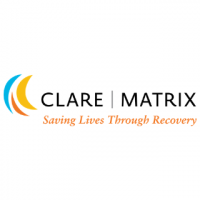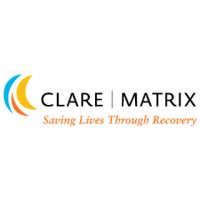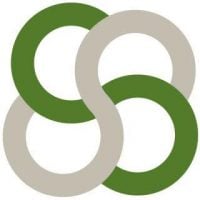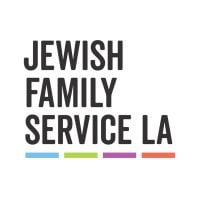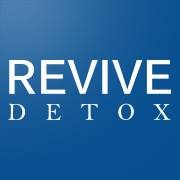About Conquer Recovery Centers in California
Conquer Recovery Centers, nestled in Los Angeles, California, offers a fresh and empowering approach to overcoming addiction. Targeting men and women seeking freedom from drug and alcohol dependency, this center emphasizes the importance of addressing underlying issues behind addiction, providing a holistic path to recovery. With a dedicated focus on initial stages of rehabilitation, Conquer ensures a personalized and dignified treatment experience.
- Personalized Treatment Plans: Every client receives an assessment leading to a tailored treatment approach, recognizing the uniqueness of their journey.
- Comprehensive Residential Program: Provides 24/7 supervision within a secure setting, facilitating the development of new coping mechanisms and recovery skills.
- Accepts Most Insurance Plans: A wide range of insurance providers, including Amerigroup and Blue Cross Blue Shield, are accepted, ensuring accessibility for many seeking recovery.
Conquer Recovery Centers are proud to boast accreditation from LegitScript, underscoring their commitment to the highest standards of care and ethical practices. Serving as a testament to their quality and reliability, this accreditation ensures that individuals are engaging with a trusted and competent treatment provider.
The center’s services cater to those battling substance abuse, alcoholism, opioid addiction, and dual diagnosis. Utilizing individual, group, and family therapy alongside skills-building sessions, Conquer Recovery Centers offer a concerted blend of treatment methods tailored to support each person's unique path to recovery.
Genders
Ages
Modality
Additional
Accreditations

LegitScript
Conditions and Issues Treated
Substance abuse is a severe problem that affects many people in Los Angeles, CA. It is characterized by the excessive and inappropriate use of drugs, including alcohol, medications, and illicit drugs. Substance abuse can lead to physical or psychological dependence and affect social life and relationships. Treatment options include medications, counseling sessions, behavioral therapy, and group therapy. If you are suffering from substance abuse, contact for the latest treatments available.
Opioid addiction is when someone becomes addicted to opioids. This can happen quickly due to any opioid use. Opioid withdrawal can be uncomfortable and lead the user to continue using even if they want to quit. It’s best to receive inpatient treatment for detoxification.
Even if a person doesn’t need inpatient treatment, it’s recommended to start rehabilitation or at least some kind of outpatient treatment. This is because the withdrawal symptoms from opioids can be uncomfortable and unpleasant, to the point that a person could end up using again or worse.
Detoxification should be done to break the physical addiction of opioids. This can be done with opioid replacement therapy, medication-assisted therapy, or a more traditional detoxification program. Intensive outpatient treatment is a form of addiction care that allows patients to continue living at home while undergoing treatment. This type of care is appropriate for patients who have been treated in residential treatment programs. Intensive outpatient programs include regular visits to the facility providing therapy, and patients gradually return to their routine life. IOP benefits most when patients have a supportive family member or friend to help them recover.
The first step to getting into an intensive outpatient program is to attend a detoxification facility. Detoxification facilities are designed to remove substances from the body safely. The patient will attend sessions designed to help them understand their addiction and its impact on their lives. While in an intensive outpatient program, therapy sessions are scheduled three to five times per week, with the patient attending no more than two sessions in one day.
Levels of Care Offered
This center offers a variety of custom treatment tailored to individual recovery. Currently available are Aftercare Support, Detox, Drug Rehab, Inpatient, Outpatient, Residential, with additional therapies available as listed below.
Detox is the process by which toxins are removed from the body. In substance abuse, detox refers to the process of getting rid of the drugs that are already there in the system once the patient stops its further intake. Detox is the initial step in the recovery process. The physiological dependence on the drug over a period can lead to withdrawal symptoms.
Depending on the severity of the symptoms, the detox process is managed either medically or clinically. While Medically assisted detox relies on the usage of specific medicines, clinal or social detox relies on providing emotional and psychological support to the patient.
Inpatient facilities offer a complete rehab program where the patient stays for an extended period. This allows the staff to monitor the patient on a round-the-clock basis and provide medical assistance if needed.
A significant benefit of inpatient rehab is that it allows for a safe environment for treatment. The patient doesn’t have access to drugs or alcohol, and they’re surrounded by people that want them to succeed and change their lives. Treatment starts with detox and behavioral therapy, followed by group therapy and family involvement.
Outpatient treatment consists of counseling and therapy sessions. The outpatient treatment process begins with the addict’s initial detox period, lasting about ten days. Outpatient treatment is used for those who are at moderate risk for “slipping back” into the addiction. It is also used for those who are not currently experiencing any side effects from withdrawal, can handle social pressure, have a stable living environment, and have a good support system.
Residential treatment programs are those that offer housing and meals in addition to substance abuse treatment. Rehab facilities that offer residential treatment allow patients to focus solely on recovery, in an environment totally separate from their lives. Some rehab centers specialize in short-term residential treatment (a few days to a week or two), while others solely provide treatment on a long-term basis (several weeks to months). Some offer both, and tailor treatment to the patient’s individual requirements.
Aftercare support is often overlooked in the treatment of drug and alcohol addiction. However, it’s an essential part and should be considered when planning a course of rehab.
Aftercare is a term that’s used to refer to any sort of continuing care offered for a drug addict who has voluntarily entered a rehabilitation program. This type of care can be provided in several settings, including outpatient therapy sessions after the addict has completed an inpatient program. There are also 12-step support groups, such as Alcoholics Anonymous, which can provide additional help for addicts trying to stay sober.
Aftercare is vital because addicts often face many challenges as they attempt to recover from drug addiction or alcoholism. Because of the powerful nature of these addictions, those who struggle with a drug or alcohol problem will likely have to face the craving for their substance of choice for the rest of their lives. Recovering can be a lonely and frustrating endeavor, especially without the support of others who are going through similar situations.
Therapies & Programs
Individual Therapy is a crucial component of addiction recovery. Therapists work with patients to identify the root of their addiction and figure out how to better handle the issues that led to them using drugs. Individual Therapy is one on one sessions where people meet with their therapist. Individual therapy provides a safe space for people to open up and discuss personal and sensitive topics which they may not feel comfortable discussing in a group setting.
In this type of therapy, therapists can develop specific solutions for each patient, which helps speed up their recovery process. In addiction recovery, therapy is a crucial part. It allows patients to go deep into their core issues and discover how those problems can be better handled now. Therapy can be performed in individual sessions as well as group settings. In individual therapy for addiction, the patient meets with the therapist one-on-one to focus on the underlying issues of addiction and come up with solutions to prevent future abuse.
Family therapy is a crucial part of drug treatment and getting sober. It is one of the most effective ways to help addicts stay on the path to long-term sobriety. One of the most important parts of family therapy is the relapse prevention plan. During treatment, therapists and doctors will often sit down with the addict and their family to develop a plan if the addict ever feels like they want to use again. This plan should involve steps the addict and family can take together to prevent them from relapsing in the future.
An addict’s family can play a vital part in helping them to avoid relapse because they can spot the warning signs and help them get back on track before it becomes too much of a problem. Family therapy is one of the most effective ways to help addicts stay on the path to long-term sobriety.
Group Therapy is employed by drug treatment centers like Conquer Recovery Centers to provide the recovering addict with a platform to talk about their feelings and experiences. It also provides for an opportunity to learn from other addicts who have successfully overcome their addiction. It is recommended that all group members be recovering addicts for this type of therapy to work.
Payment Options Accepted
For specific insurance or payment methods please contact us.
Is your insurance accepted?
Ask an expert, call (888) 674-0062
Additional Details
Specifics, location, and helpful extra information.
Los Angeles, California 90019 Phone Number(855) 958-4333 Meta DetailsUpdated April 15, 2024
Staff Verified
Is Conquer Recovery Centers a LegitScript Verified Treatment Facility?
According to our most recent records, we have found this center to be LegitScript verified.
Conquer Recovery Centers Patient Reviews
There are no reviews yet. Be the first one to write one.
Los Angeles, California Addiction Information
More than 3 million of California's citizens are addicted to illegal drugs. Almost 800,000 people use hard drugs, almost 5 million use marijuana, and another 2.1 million abuse alcohol every year. Other substance abuse issues such as binge drinking and teen drug use are also common. Many illegal drugs such as cocaine, heroin, methamphetamine, and marijuana are smuggled into the state from Mexico.
10% of adults in Los Angeles have used illicit drugs or abused prescription drugs within the past year. Heroin, marijuana, prescription pain relievers and cocaine are widely abused in Los Angeles. Over 130,000 people in the city struggle with addiction to drugs or alcohol. Many residential rehab facilities in the area can provide long-term care. The best way to find the right treatment option is to speak with a professional.
Treatment in Nearby Cities
- Fullerton, CA (26.8 mi.)
- Garden Grove, CA (29.9 mi.)
- Hanford, CA (174.0 mi.)
- Ramona, CA (109.3 mi.)
- Chatsworth, CA (21.0 mi.)
Centers near Conquer Recovery Centers
The facility name, logo and brand are the property and registered trademarks of Conquer Recovery Centers, and are being used for identification and informational purposes only. Use of these names, logos and brands shall not imply endorsement. RehabNow.org is not affiliated with or sponsored by Conquer Recovery Centers.
